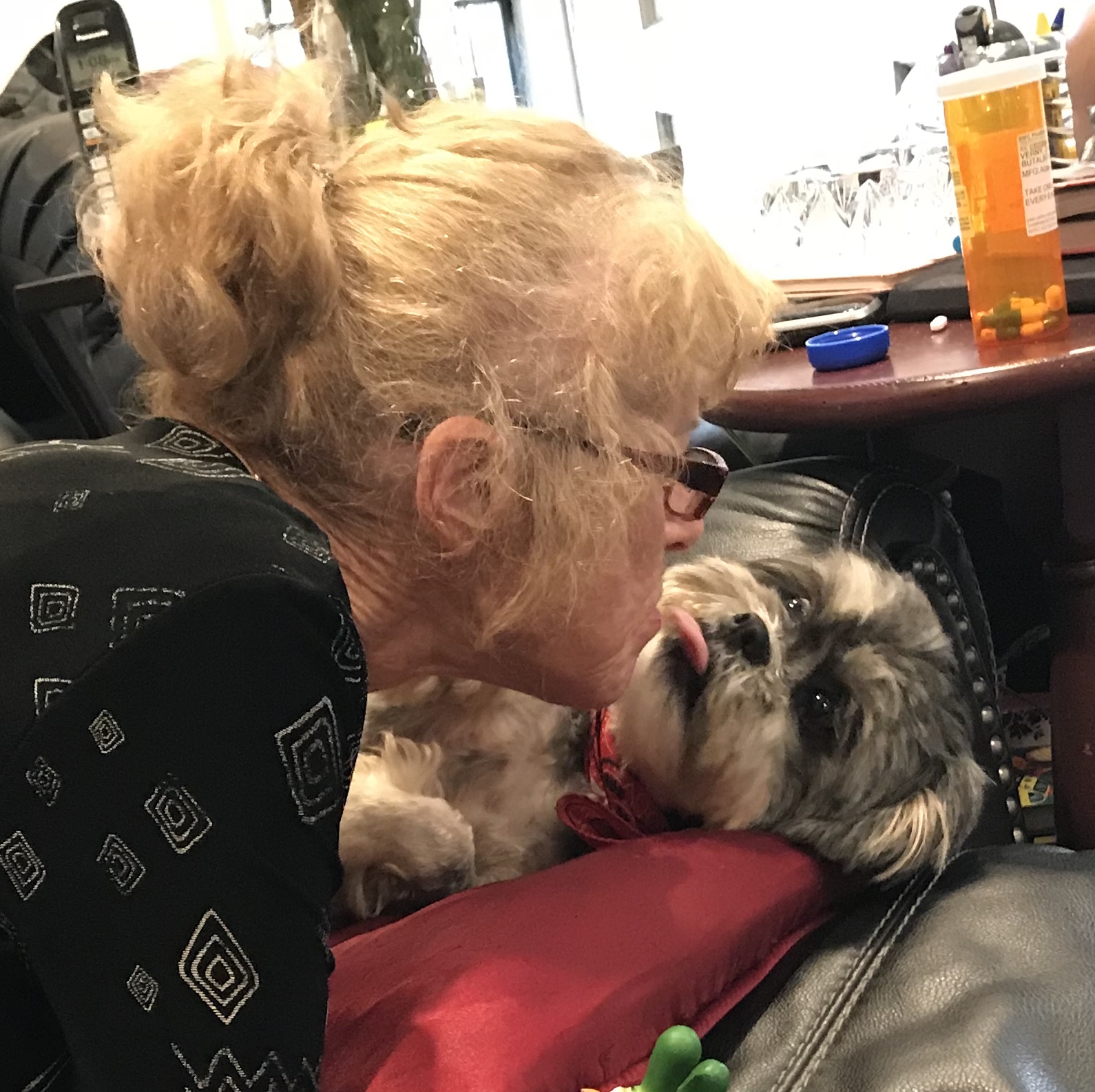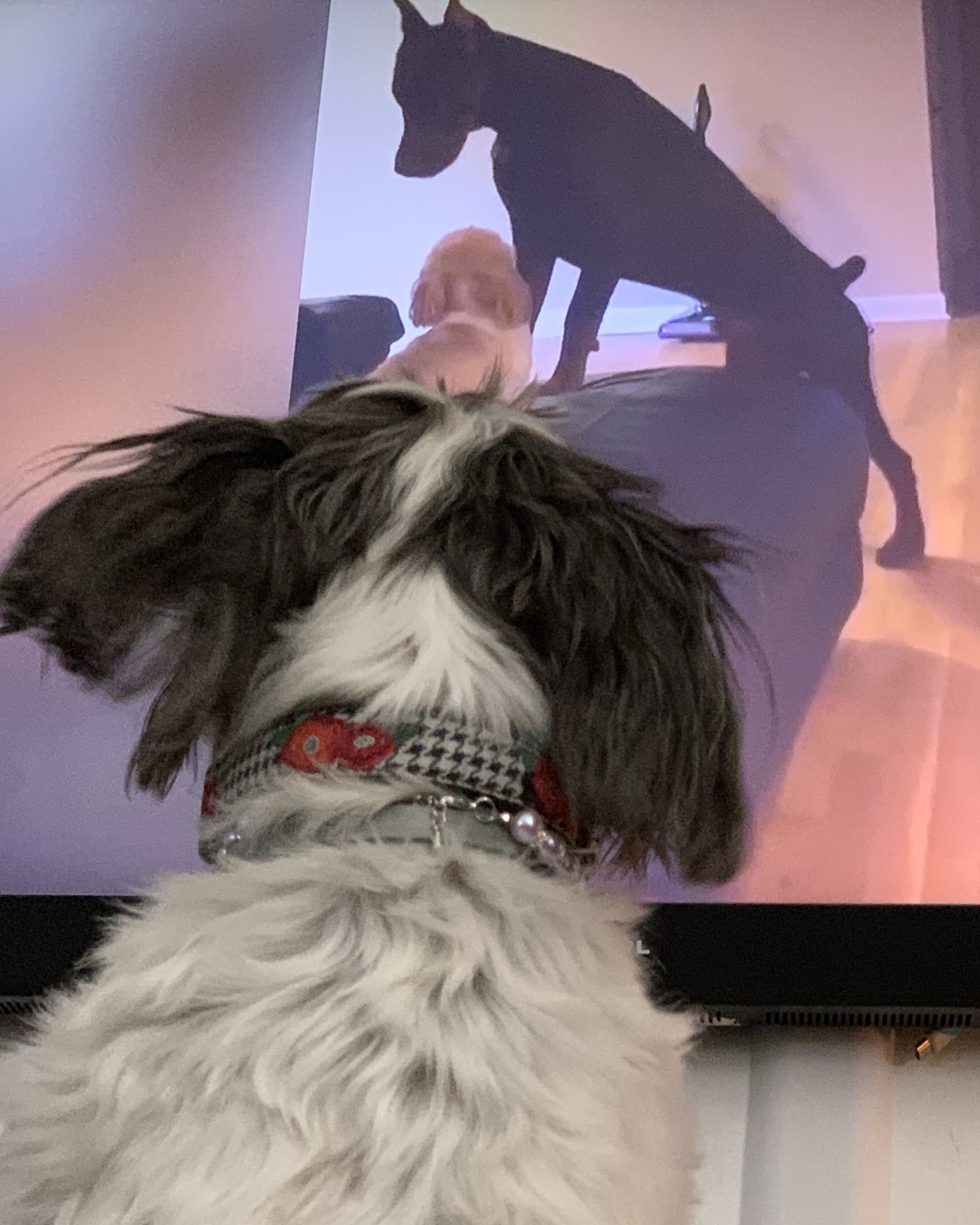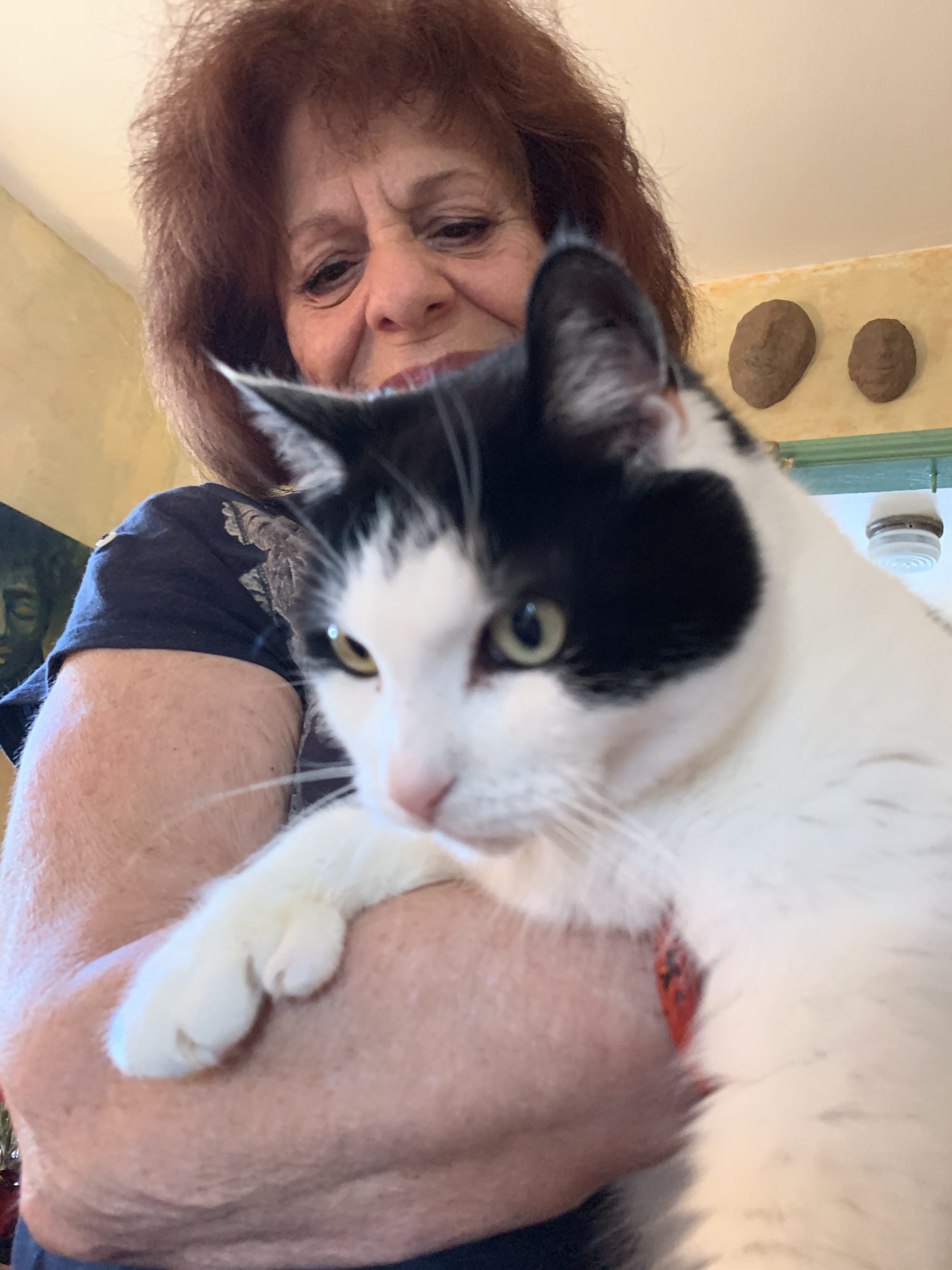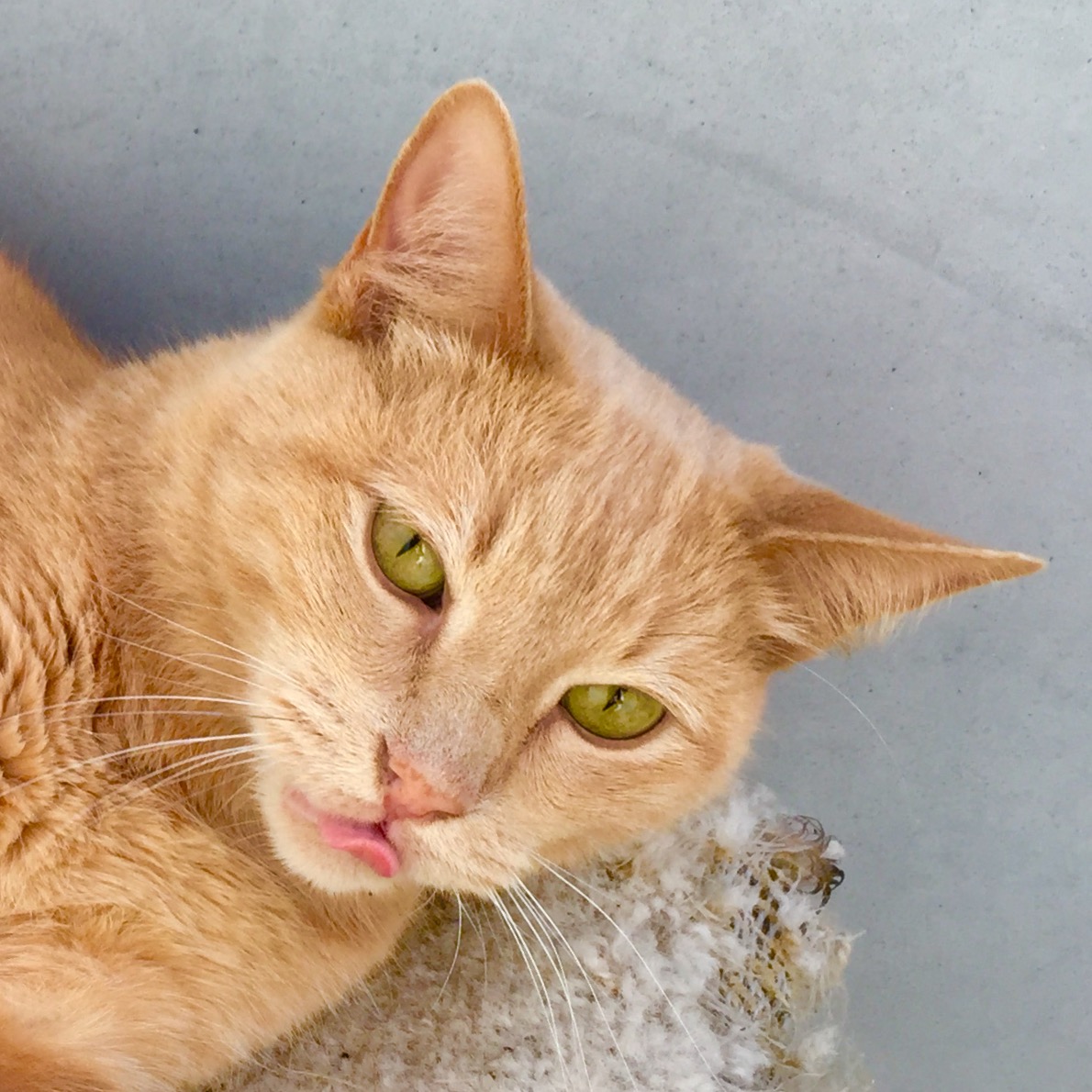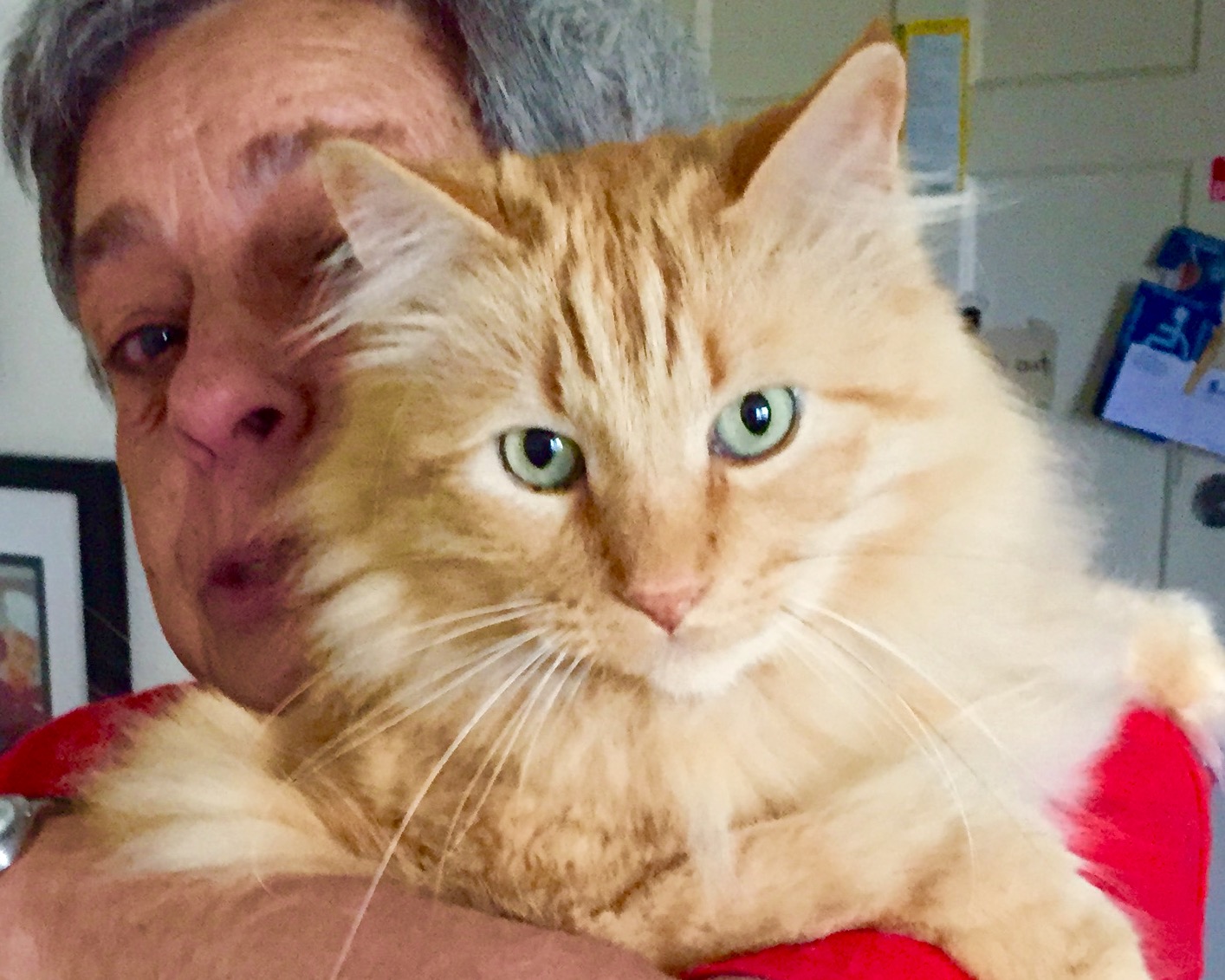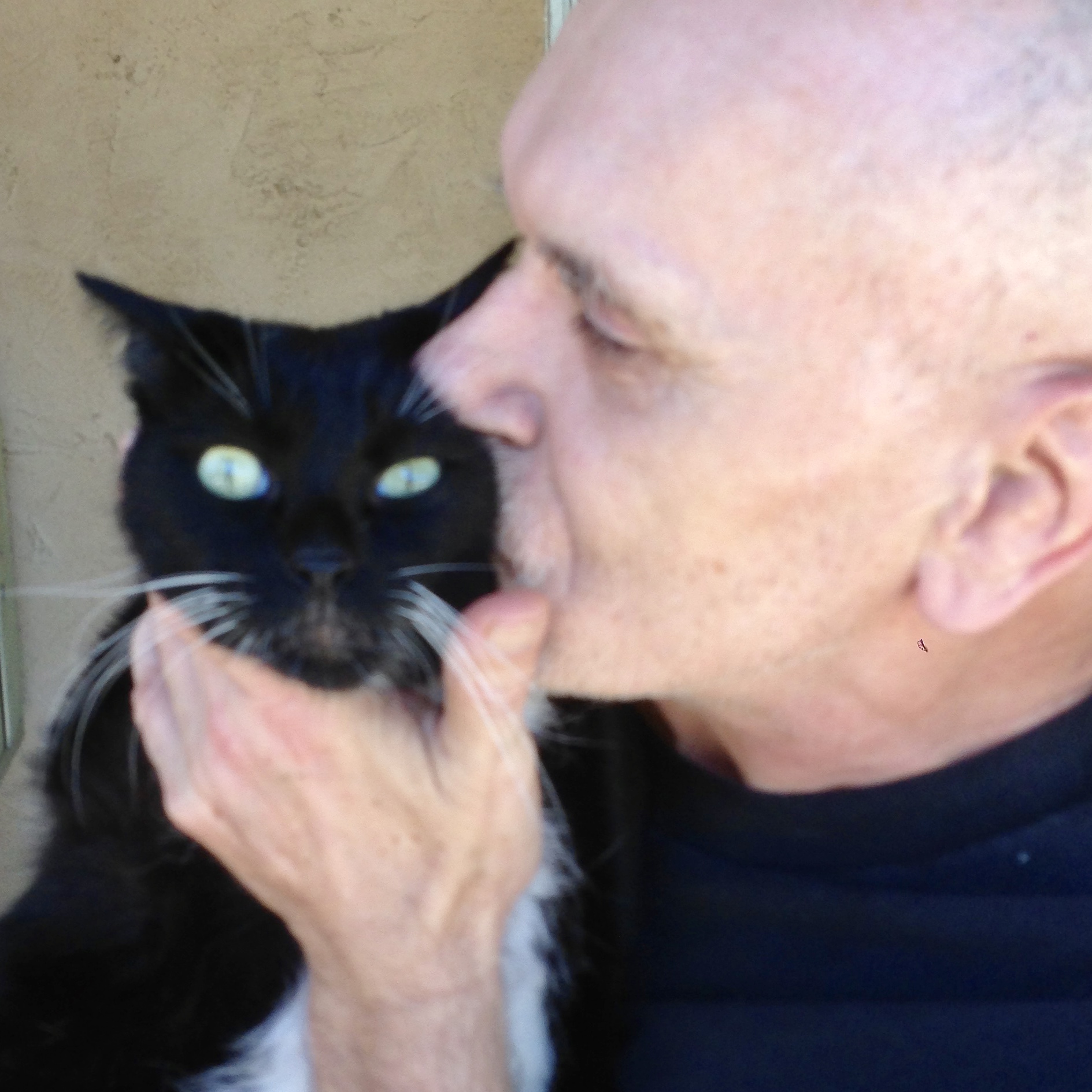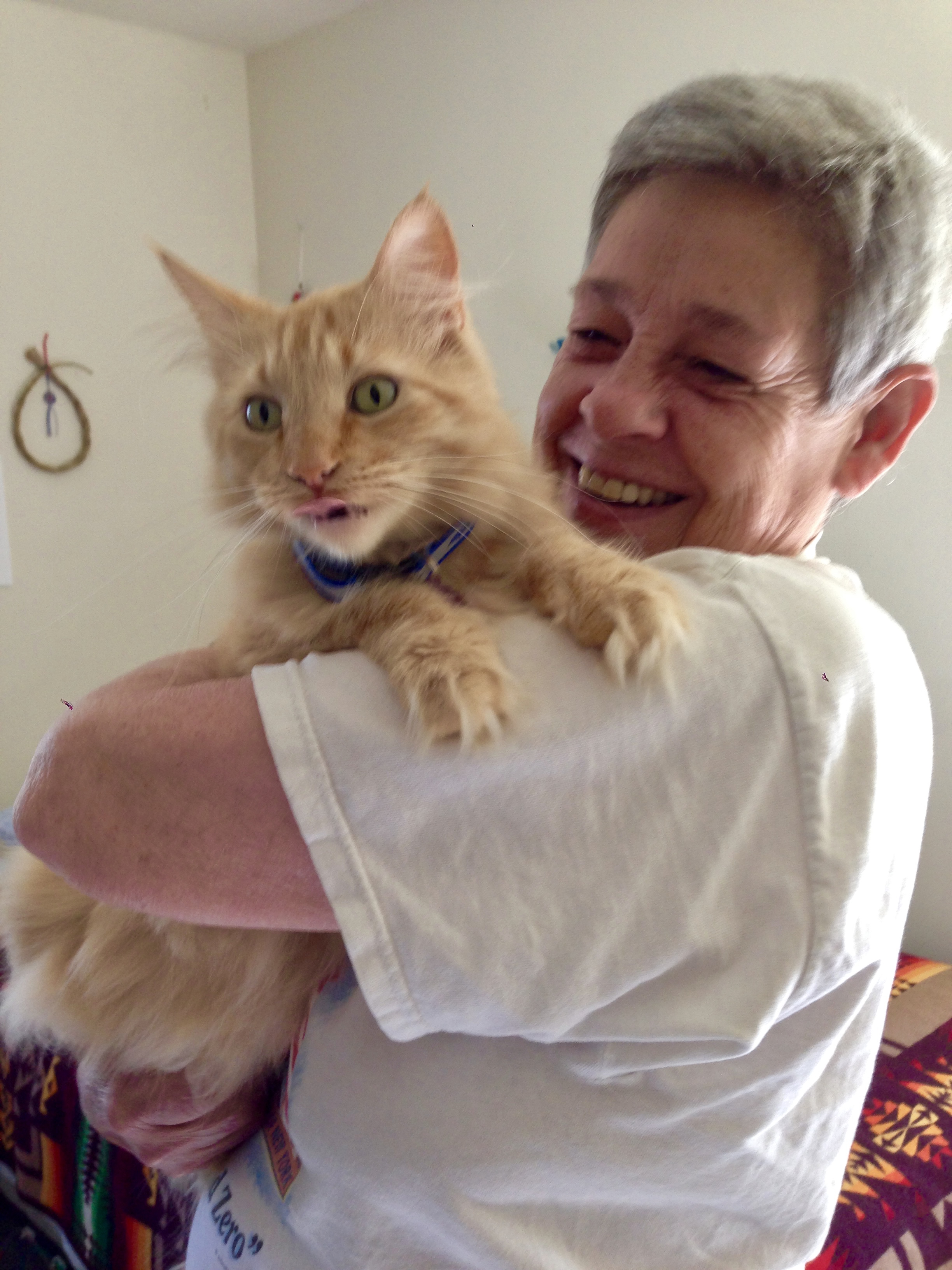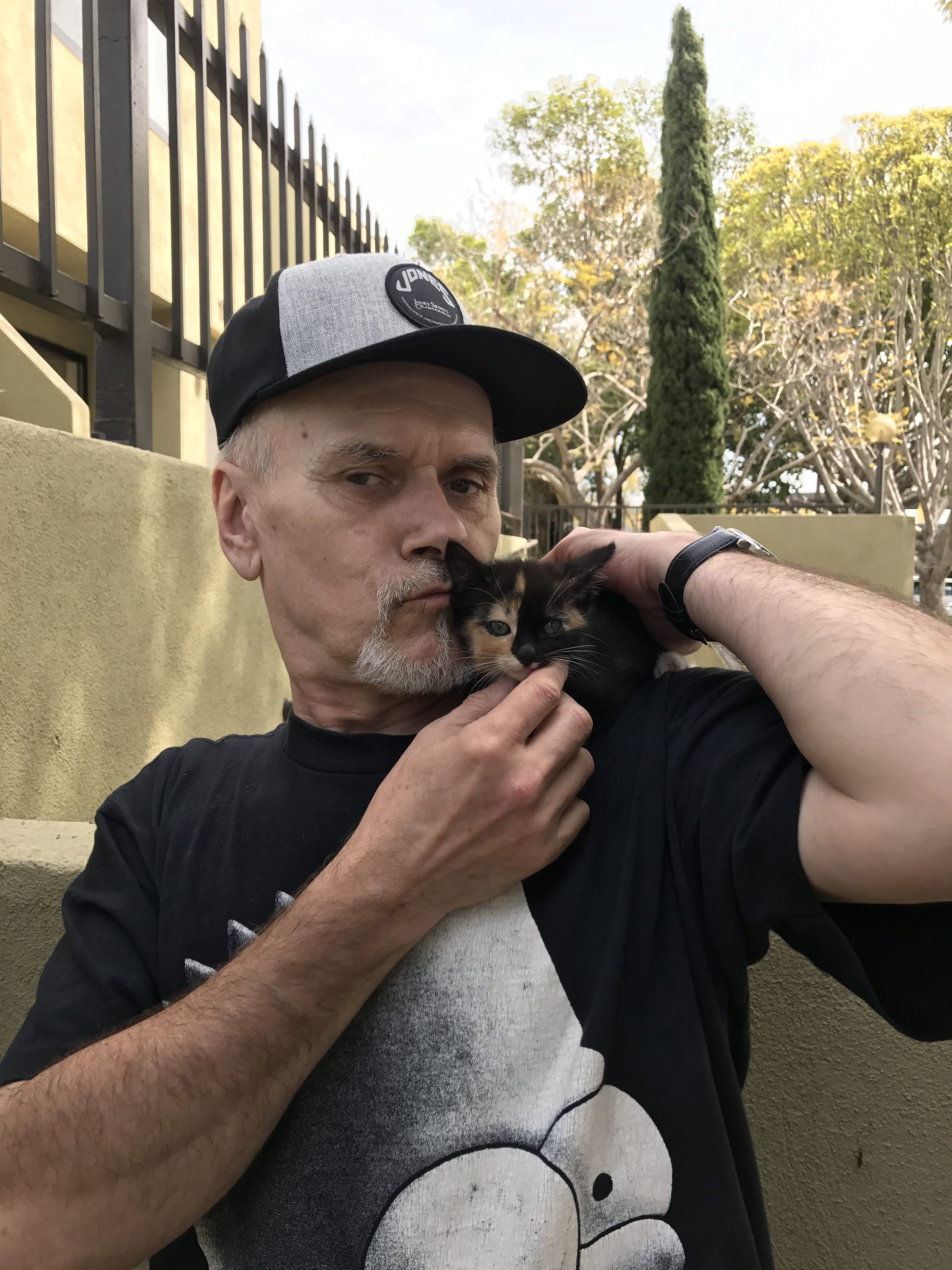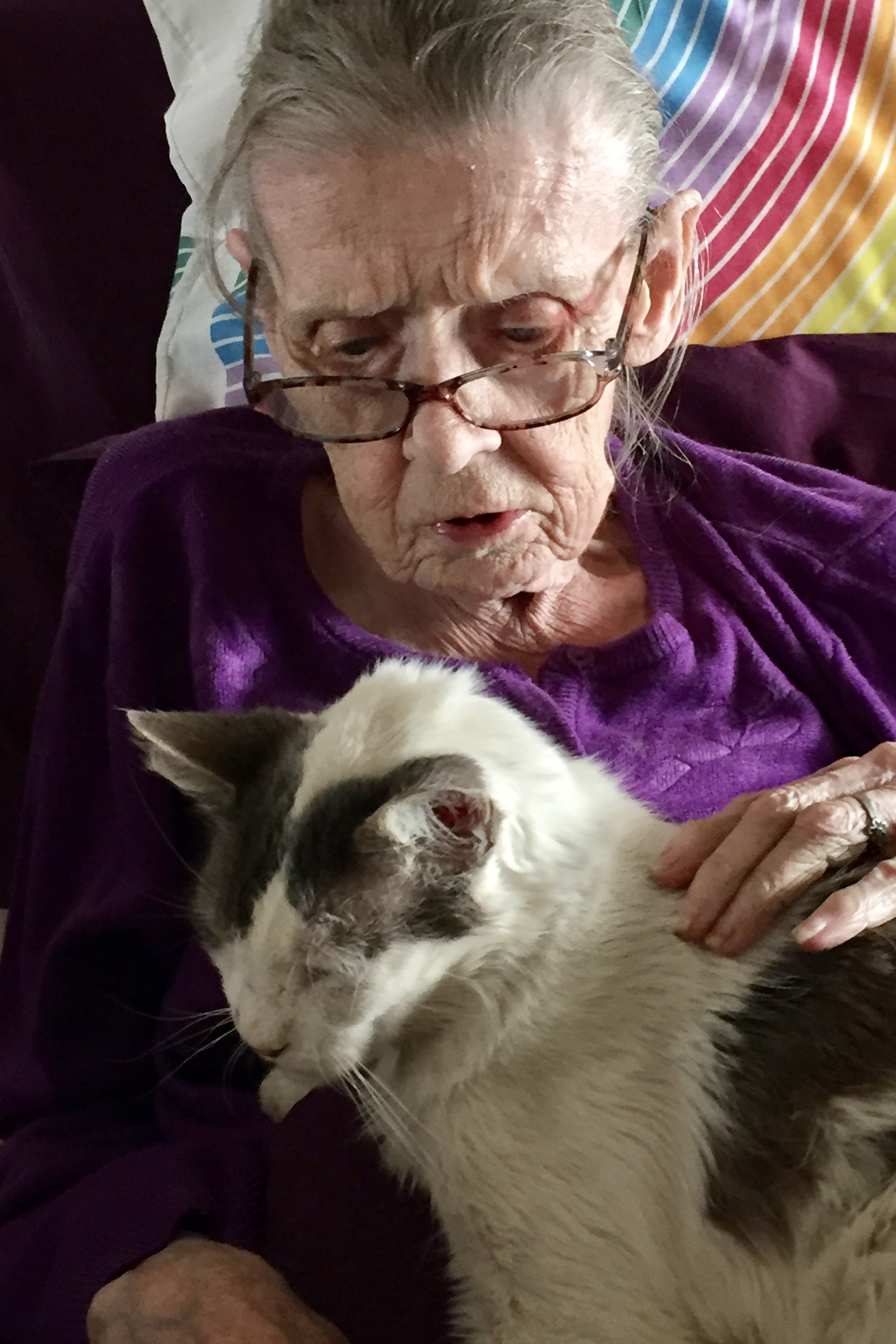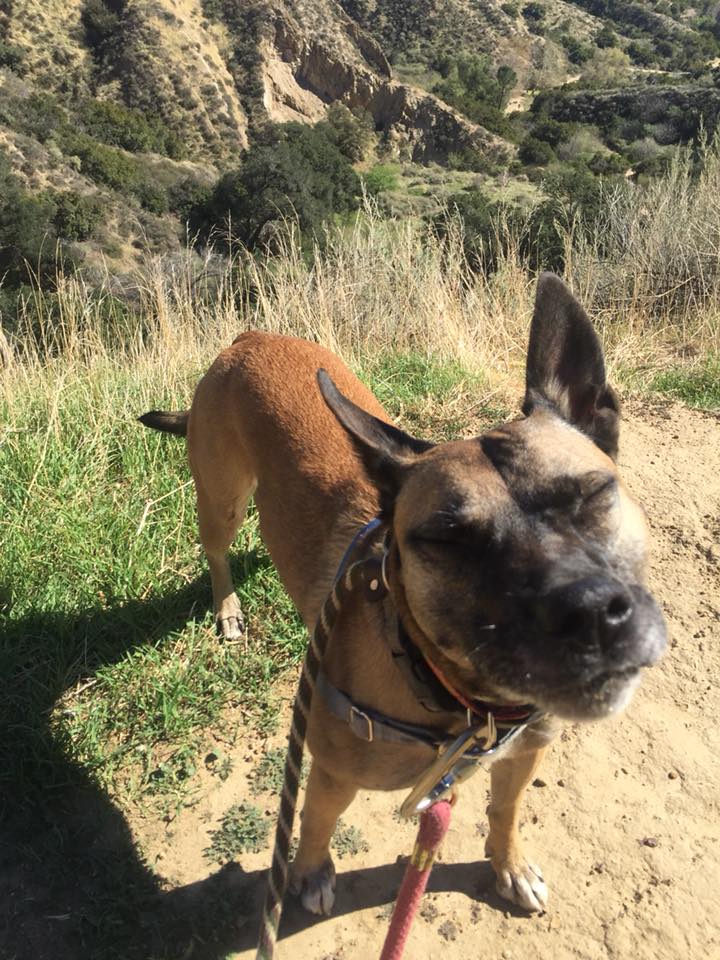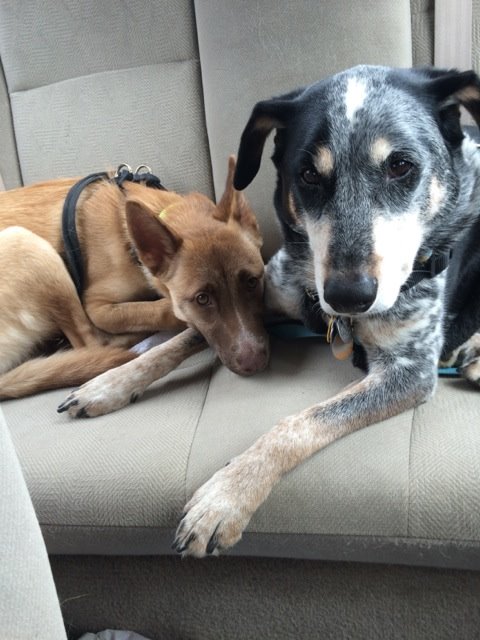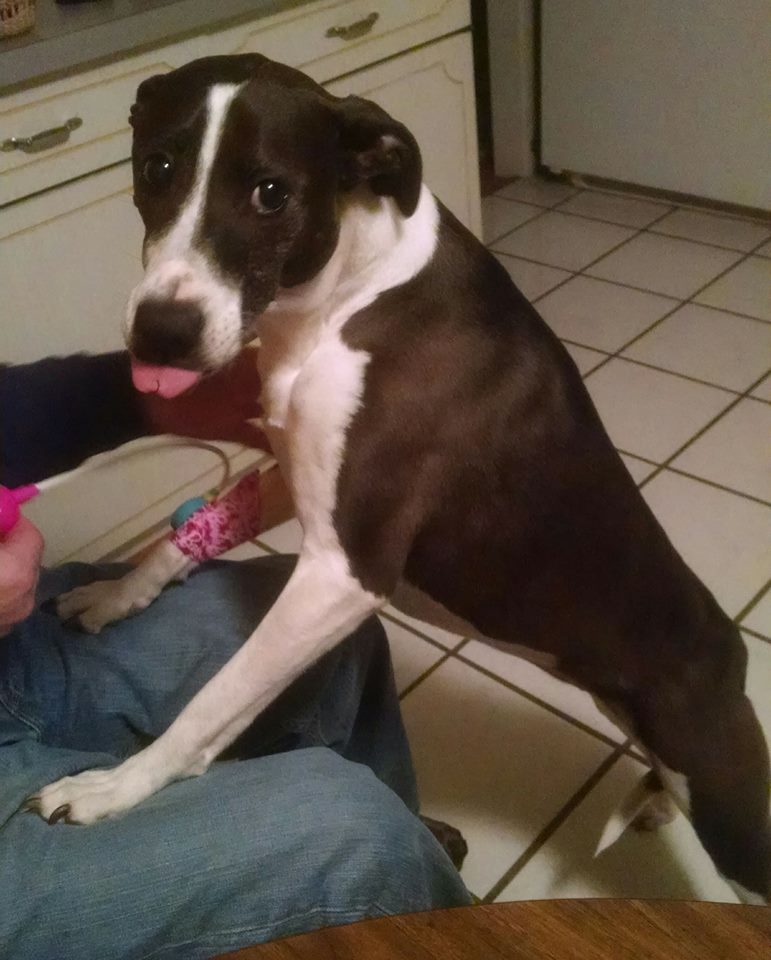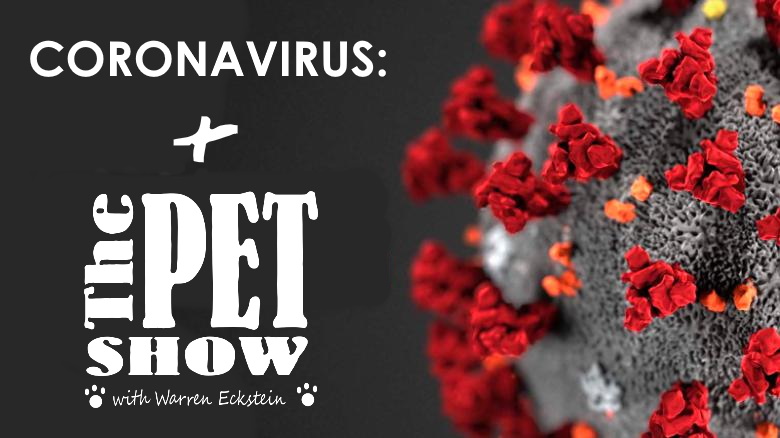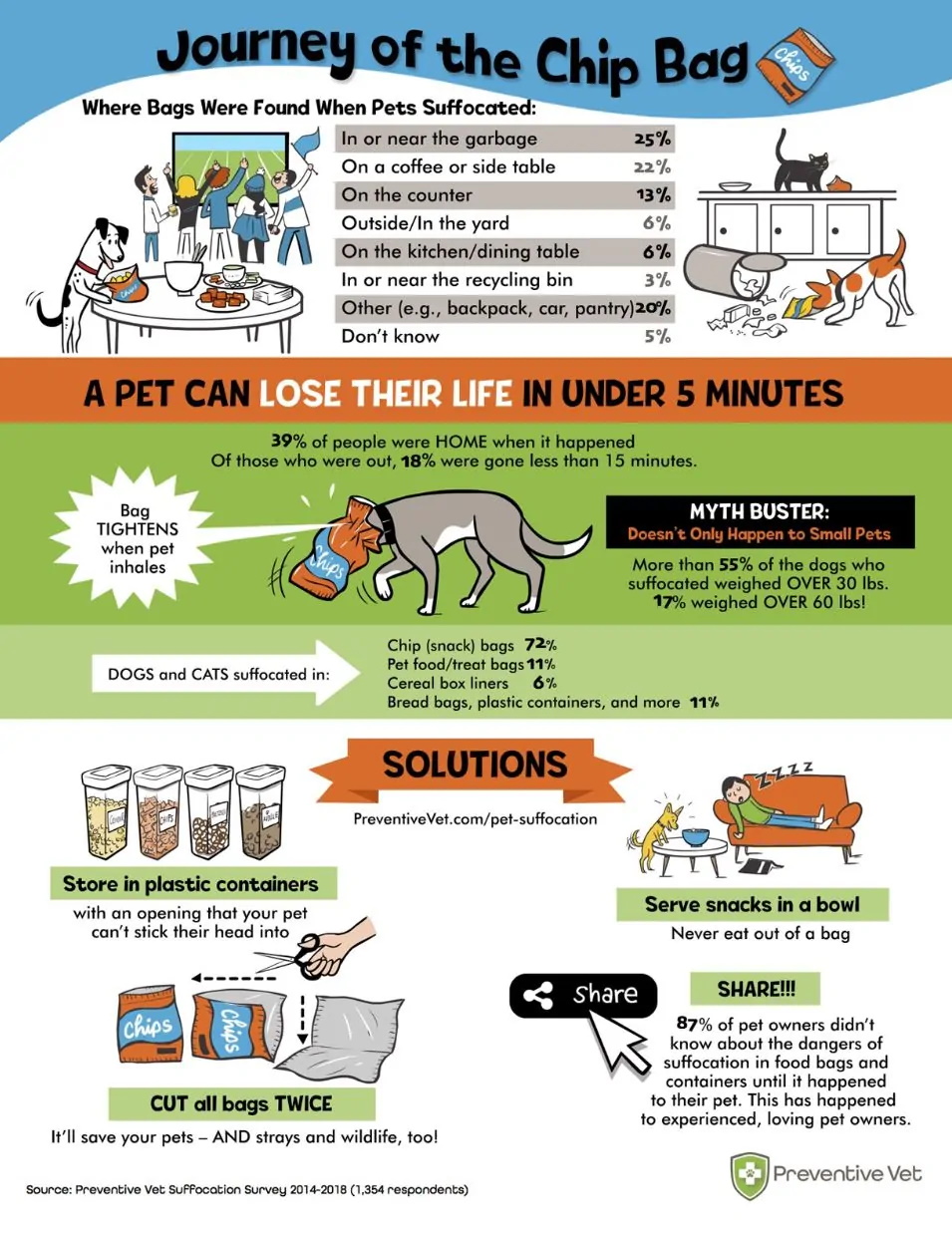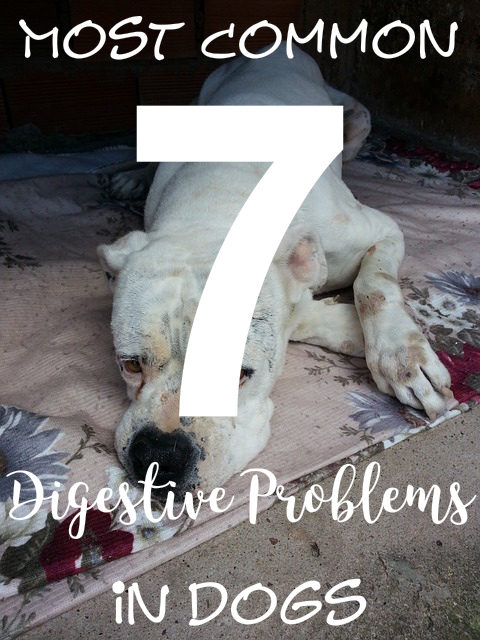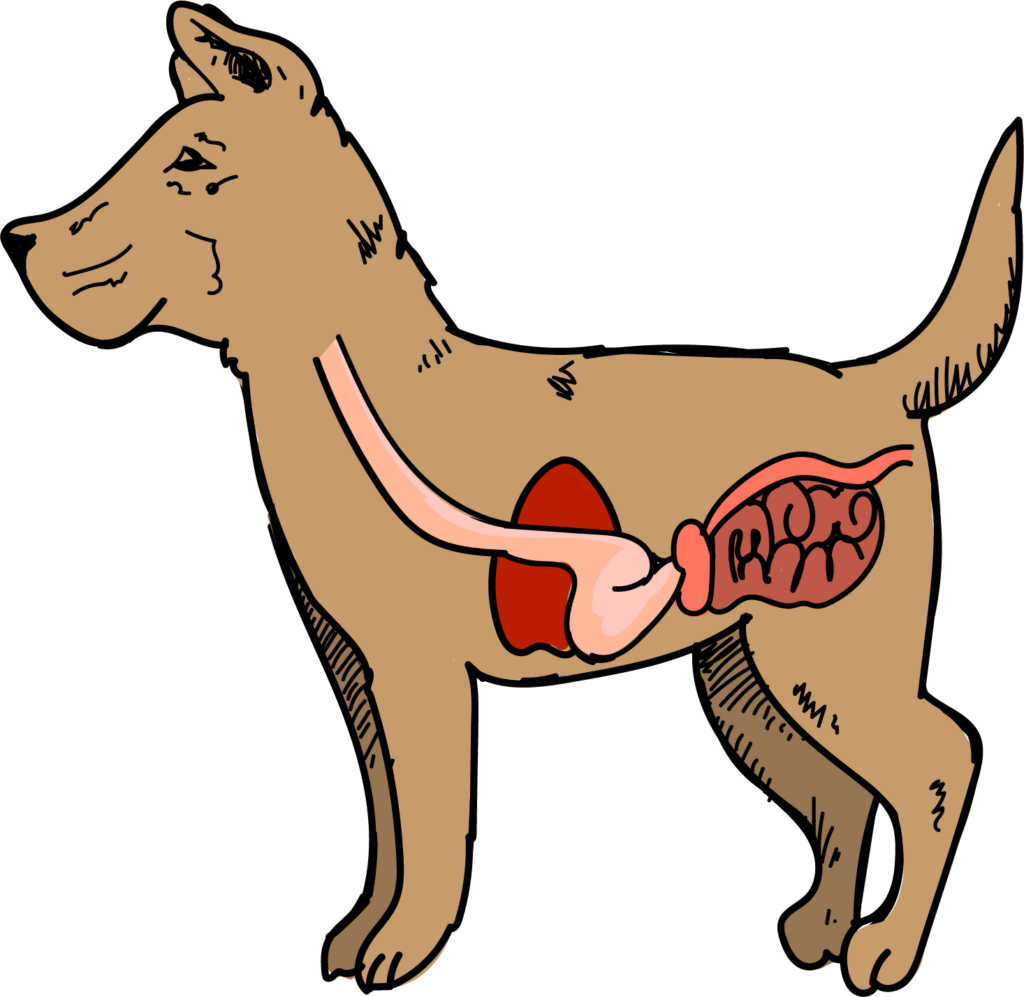 My Facebook account has been compromised. For updates follow fb.me/WarrenPetTalk. The LIVE STREAM of the KRLA version of THE PET SHOW can be watched at youtube.com/WarrenEckstein. Listen to the CA show at am870theanswer.com and the International show live here on the website.
My Facebook account has been compromised. For updates follow fb.me/WarrenPetTalk. The LIVE STREAM of the KRLA version of THE PET SHOW can be watched at youtube.com/WarrenEckstein. Listen to the CA show at am870theanswer.com and the International show live here on the website.

So. Cal. Show SAT. 11-1 PM PST Call in: 866-870-5752 Dist. By: KRLA USA & Canada Show SAT. 4-6 PM EST USA Call in: 877-725-8255 CAN Call in: 571-480-4171 Dist. By: radioamerica.org
Michael Rosenbaum of #impastor #tvland # made by:
made by:![]()
Did you know The Pet Show Volumes 1-5 are available for purchase on CD, MP3, and Audiobook?
Make a bequest to DELTA Rescue


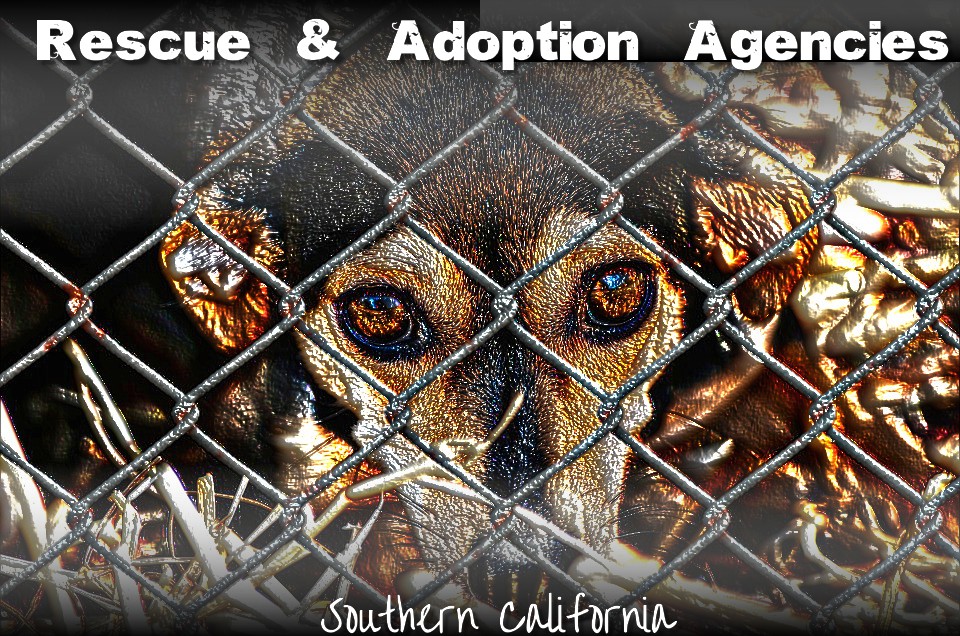



Warren’s Facebook
Warren’s Instagram
Warren’s Twitter
Warren’s YouTube

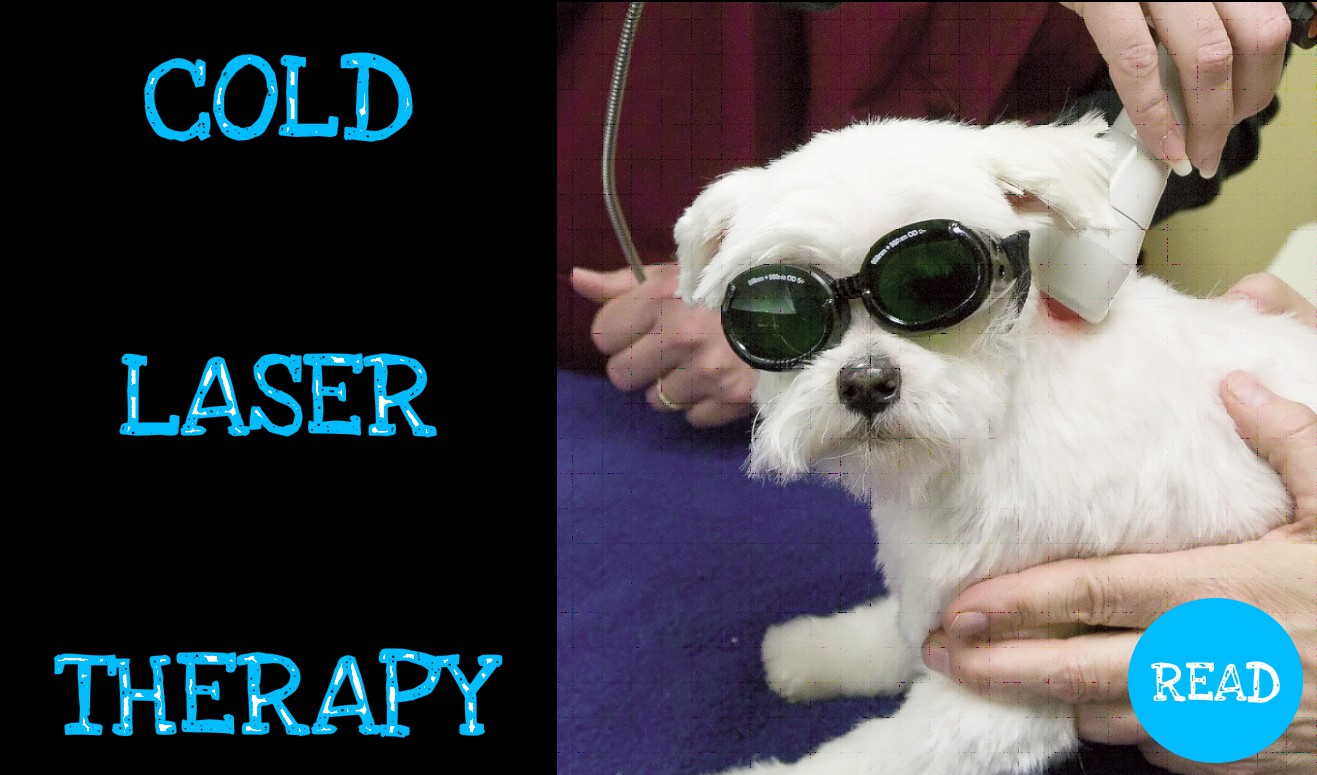

Questions for Warren?


Articles of the Week
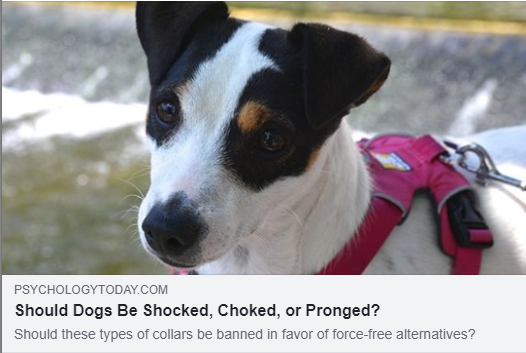
“Collars are a vital part of dog ownership. They allow pet parents to walk their pup on a leash and they provide a place to hang ID and vaccination tags. However, if used in the wrong way, collars can lead to serious or even fatal injury.” —Lindsay Lowe, “5 Ways Collars Can Harm Your Dog”
Dog collars can cause a good deal of physical and psychological harm to dogs.
I asked my friends on Facebook:
“Did you know?
Dogs have about 100 different facial expressions, most of them made with the ears. Want to post some funny dog faces?”
Add your pup’s funny faces too!
Warren’s Webinars & Seminars
More Webinars More Videos
Warren’s Blog
- LEPTOSPIROSIS
- HELP!!!
- Coronavirus
- Pets & Faith
- Suffocation Risks
- Common Gut Issues
- Doggy Digestion
- Dog Walks=Peace
- Doggie BFFs
- The Dog In A Man's World
- For Veteran's Sake
Leptospirosis is a disease caused by infection with Leptospira bacteria. Leptospira are spirochetes that are transmitted between animals by direct or indirect contact. Dogs are most commonly affected and although the disease can occur in cats it is rare and clinical symptoms appear to be mild although very little is known about the disease in this species. Dogs can become infected and develop leptospirosis through exposure of their mucous membranes (or skin with any wound, such as a cut or scrape) to infected urine, urine-contaminated soil, water, food or bedding, through a bite from an infected animal, by eating infected tissues and rarely, through breeding. It can also be passed through the placenta from the mother dog to the puppies. Exposure to infected urine, ingestion of infected tissues, and bite wounds are probably the most common means of direct transmission in the dog. Common risk factors for leptospirosis in dogs residing in the United States include exposure to or drinking from rivers, lakes or streams; roaming on rural properties (because of exposure to potentially infected wildlife, farm animals, or water sources), exposure to wild animal or farm animal species and contact with rodents or other dogs. There has been a surge in the diagnosis of infected dogs in urban areas as a result of the burgeoning rodent population associated with urban homeless encampments. Affected soil and water can remain infective for anywhere from up to 3-6 months. Leptospirosis is indeed a zoonotic disease meaning that infection can be passed from humans to animals and from animals to people. Infection in people can cause flu-like symptoms and can cause liver or kidney disease. In the United States, most cases of human leptospirosis result from recreational activities involving exposure to infected water; infection resulting from contact with an infected pet is much less common, but it is possible. Keep Reading



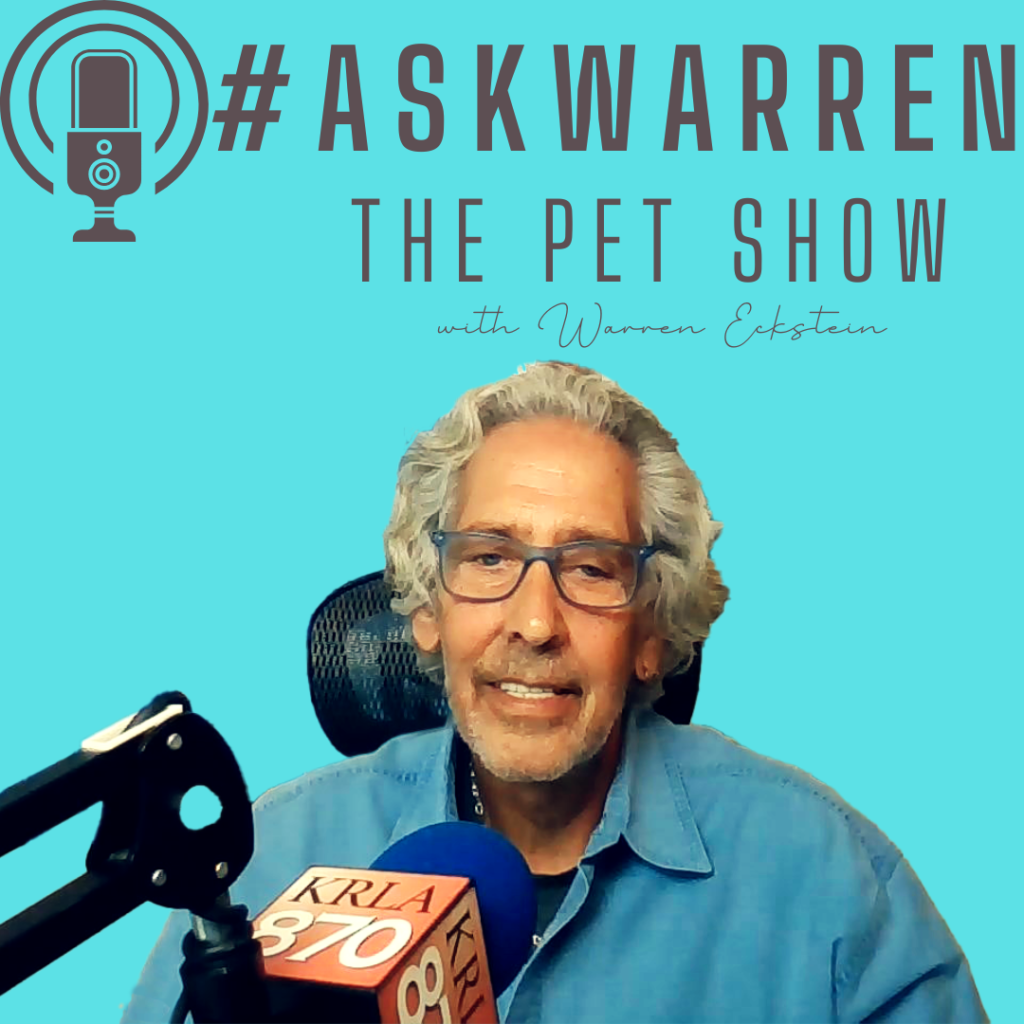
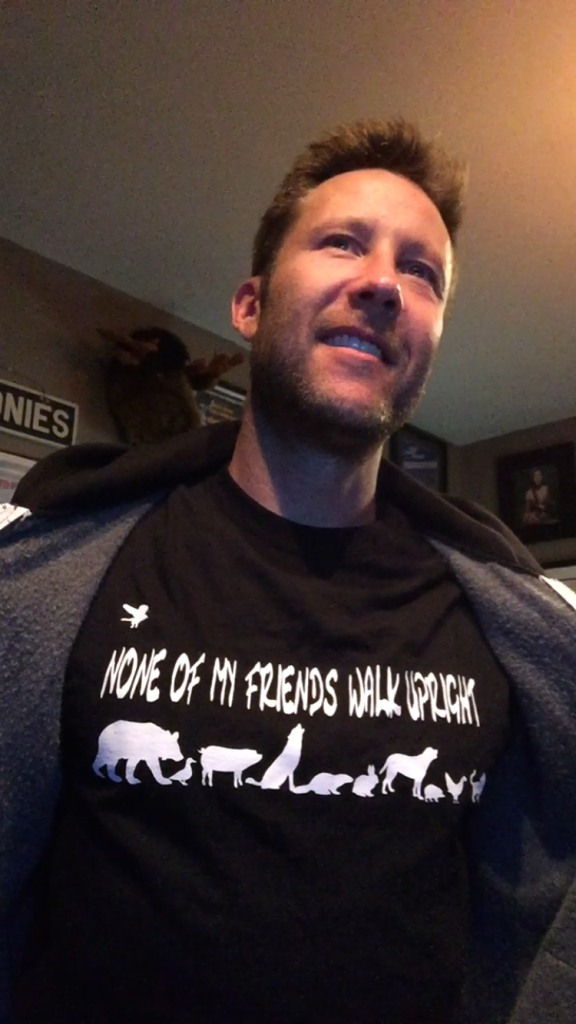










 There are some offers you can’t refuse. Such was the case when dog trainer Warren Eckstein received a call from a guy named Walter looking for some help with his boss’s hound.
There are some offers you can’t refuse. Such was the case when dog trainer Warren Eckstein received a call from a guy named Walter looking for some help with his boss’s hound. MEDIA CONTACT
MEDIA CONTACT